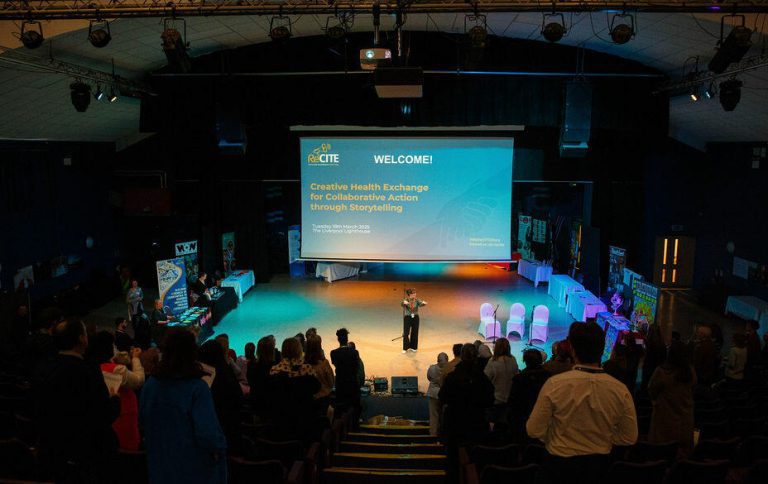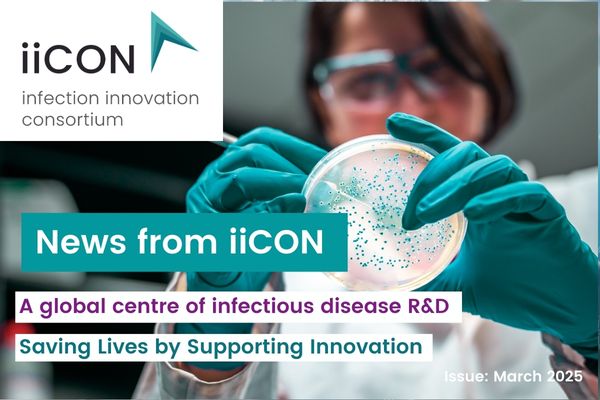- Join the Innovation Journey
- Our Platforms
Developing new organoid models

Organoid Models – Platform 3 – Impact Study
The global rise of antimicrobial resistance (AMR) in Neisseria gonorrhoea is a growing concern, as it severely limits treatment options for gonorrhoea infections. Current drug discovery efforts are hampered by the lack of models that effectively demonstrate a drug’s efficacy within human cells. This limitation poses a major obstacle in progressing new drug therapies through approval pipelines. Both healthcare providers and pharmaceutical developers are urgently in need of a solution that allows accurate testing of drug candidates against N. gonorrhoea within an intracellular environment.
In collaboration with Evotec, LSTM, through the iiCON consortium, is spearheading the development of a novel organoid model designed to overcome this challenge. The team is engineering conditions that enable the intracellular growth of N. gonorrhoea, moving from a single-cell platform to a more sophisticated organoid system. By integrating advanced imaging technologies, we will visualise bacterial behaviour within human cells, enabling unprecedented insights into how these organisms interact with potential drug compounds. In addition to well-characterised reference strains, newly identified clinical strains will also be introduced into the testing system, further enhancing the relevance of this model for drug discovery.
Funding has recently been secured to automate the generation, infection, sampling and analysis of organoids. This will remove the bottleneck which currently exists in the application of organoid technology for use in assessing the efficacy of small molecules and biologics targeting a range of bacterial and viral pathogens. Ultimately, through use of close loop AI-based analysis and infection, will accelerate delivery of novel therapeutics to the clinic.
This project will streamline the process of discovering new treatments for N. gonorrhoea by creating more relevant and precise test systems. The automated generation, infection, and sampling of organoids will accelerate the pace of research, significantly reducing bottlenecks in current drug evaluation processes. The model will be adaptable to assess not only drug efficacy but also immune therapies, potentially opening the door for broader applications across a range of infectious diseases.
The development of this organoid model will mark a significant breakthrough in the field of infectious disease research. It will provide an innovative platform that allows pharmaceutical companies and research institutions to better evaluate the efficacy of new drugs. The aim is to automate key processes to ensure that organoid-based systems become a reliable and efficient tool, addressing not only gonorrhoea but also other intracellular pathogens.


